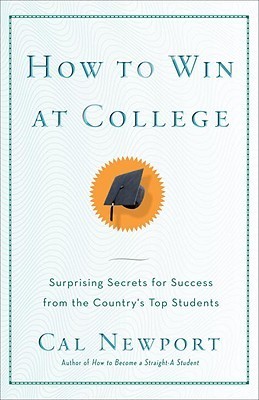
How to Take Smart Notes: One Simple Technique to Boost Writing, Learning and Thinking – for Students, Academics and Nonfiction Book Writers
by Sönke Ahrens
0 popular highlights from this book
Key Insights & Memorable Quotes
Below are the most popular and impactful highlights and quotes from How to Take Smart Notes: One Simple Technique to Boost Writing, Learning and Thinking – for Students, Academics and Nonfiction Book Writers:
No highlights available for this book yet.
Browse other books

